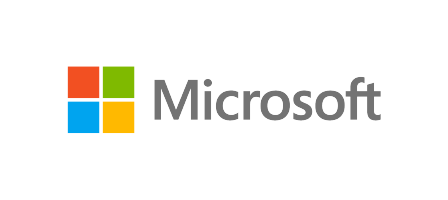
Fund Description 
United Way of Racine County’s Equity Through Technology Fund invests in projects and programs that aim to increase equitable outcomes and reduce disparities for historically marginalized populations in Racine County through the use of technology.
The fund supports efforts that:
- Create equitable access to technology, information and/or opportunities
- Use technology to mitigate barriers to success
- Support local organizations to better serve their clients through the use of technology
While achieving at least one of the following:
- Increase in job-readiness skills
- Increase in earning potential through increased knowledge/skills that facilitate access to jobs with higher wages
- Increase in educational attainment (pre-Kindergarten and K-12)
- Increase in access to and utilization of physical and/or mental health services
- Increase in the organizations capacity to serve clients efficiently and effectively
We anticipate the majority of requests will propose enhancements to existing programs, rather than the creation of new efforts.
This fund is made possible through the generosity of the Microsoft Corporation.
In Cycle 2, the Equity Through Technology Fund supported 13 nonprofit partners, reaching 6,236 Racine County residents through completed projects.
Explore the full report to see the impact.
Application process and fund timeline
Applications are currently closed. Please check back.
The minimum amount for Equity through Technology Fund requests is $1,000. The maximum request amount is $15,000. Organizations may be granted a maximum of one Equity Through Technology grant.
Equity Through Technology funding is available until the available dollars are exhausted.
Requests submitted on or before the last day of the month will be reviewed by United Way’s Community Investment Committee (CIC) the following month.
You can see the full application and reporting requirements by downloading the fund information, including application questions, as a Word doc or PDF.
Your application must be completed and submitted in one session. If you navigate away from the page, your progress will not be saved.

Budget Requirements
Following submission of the online application form, the individual listed as the Primary Contact on the application will receive an auto-generated confirmation email. The Primary Contact must immediately respond to that email with the following attachments:
- Proof of IRS determination of 501(c)3 status
- Completed United Way of Racine County Equity Through Technology Template
Failure to submit the required attachments will render the application ineligible for review. All budget requests must be in whole dollar amounts.
The UWRC Equity Through Technology Fund Budget Template can be downloaded by clicking the button below
Reporting Requirements
All grantees are required to submit a final report within one year of funding notification or within 60 days of completion of the project/program, whichever comes first.. Additional progress reporting requirements will be established in the funding agreement. Late and/or incomplete reports will negatively impact the organization’s eligibility for future United Way of Racine County funding. Information included in this report will be shared with United Way staff, board and community investment volunteers, and may also be included in United Way reports, media and publications. In addition, grantees are expected to provide periodic ad-hoc updates via email as requested to ensure ongoing communication and progress monitoring.
Questions
Questions can be directed to Katie Tuttle, special projects director, via email at ktuttle@unitedwayracine.org or by calling (262) 664-4722
